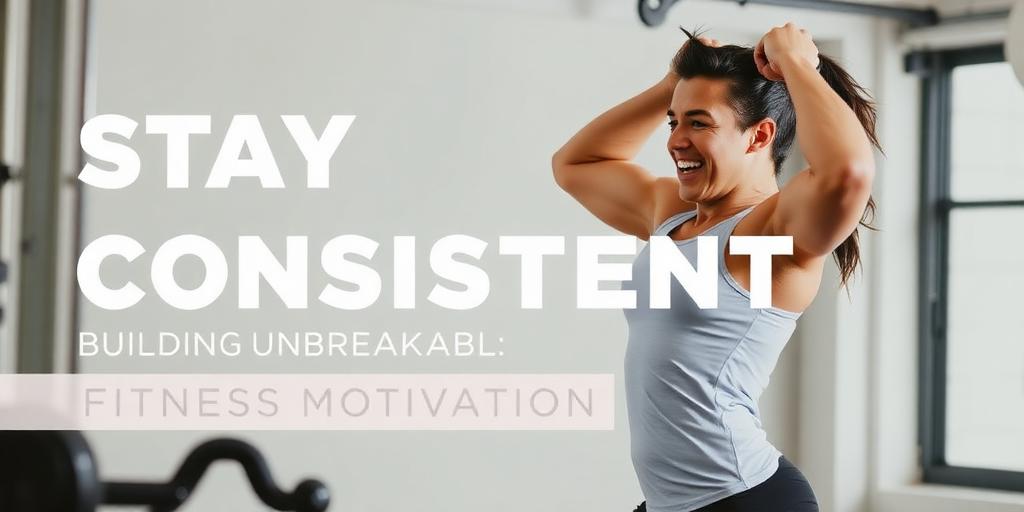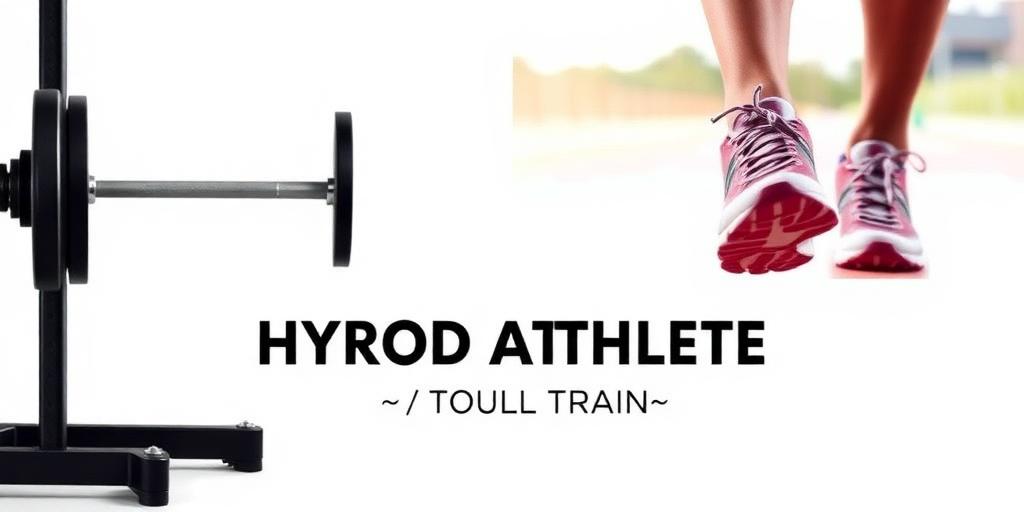Debunking Diet Myths: Practical Nutrition for Fitness
In the realm of fitness, nutrition often plays second fiddle to workout routines. Yet, it's the fuel that powers your performance and dictates your results. Unfortunately, the internet is rife with diet myths that can derail your progress. Let's debunk some common misconceptions and arm you with practical nutrition advice.
Myth 1: Carbs Are the Enemy
The Reality: Carbs are not the enemy; refined carbs are. Complex carbohydrates are a vital energy source, especially for high-intensity workouts. They're found in whole grains, fruits, and vegetables, providing sustained energy and essential nutrients.
Practical Tip: Opt for brown rice, quinoa, and sweet potatoes over white bread and sugary cereals. Time your carb intake around workouts to maximize energy levels.
Myth 2: Fat Makes You Fat
The Reality: Healthy fats are crucial for hormone production, nutrient absorption, and overall health. Unsaturated fats, like those in avocados, nuts, and olive oil, support heart health and can aid in weight management.
Practical Tip: Incorporate sources of healthy fats into your diet, but be mindful of portion sizes. Fats are calorie-dense, so moderation is key.
Myth 3: More Protein Is Always Better
The Reality: Protein is essential for muscle repair and growth, but excessive intake doesn't necessarily translate to more gains. Your body can only utilize a certain amount of protein at a time, and excess protein can be stored as fat or excreted.
Practical Tip: Aim for a balanced protein intake based on your activity level and body weight. A general guideline is 0.8-1 gram of protein per pound of body weight, spread throughout the day.
Myth 4: You Need to Detox to Lose Weight
The Reality: Your body has its own efficient detoxification system – the liver and kidneys. Detox diets are often restrictive and unsustainable. They might lead to temporary weight loss, but it's usually due to water loss and muscle breakdown.
Practical Tip: Focus on a balanced diet rich in whole foods, staying hydrated, and getting adequate sleep to support your body's natural detoxification processes.
Myth 5: Supplements Are a Substitute for a Healthy Diet
The Reality: Supplements can complement a healthy diet, but they're not a replacement. They can help fill nutritional gaps, but they won't compensate for poor eating habits.
Practical Tip: Prioritize whole foods and use supplements strategically, if needed. Consult with a healthcare professional or registered dietitian to determine if you have any nutrient deficiencies.
Myth 6: Skipping Meals Helps You Lose Weight
The Reality: Skipping meals can lead to overeating later in the day and disrupt your metabolism. It can also cause muscle loss if your body doesn't receive the nutrients it needs.
Practical Tip: Eat regular, balanced meals and snacks to keep your metabolism steady and prevent hunger pangs.
Conclusion
Navigating the world of nutrition can be confusing, but understanding the facts behind common diet myths is the first step towards building a healthy and sustainable lifestyle. Focus on balanced eating, prioritize whole foods, and listen to your body's cues to achieve your fitness goals.









